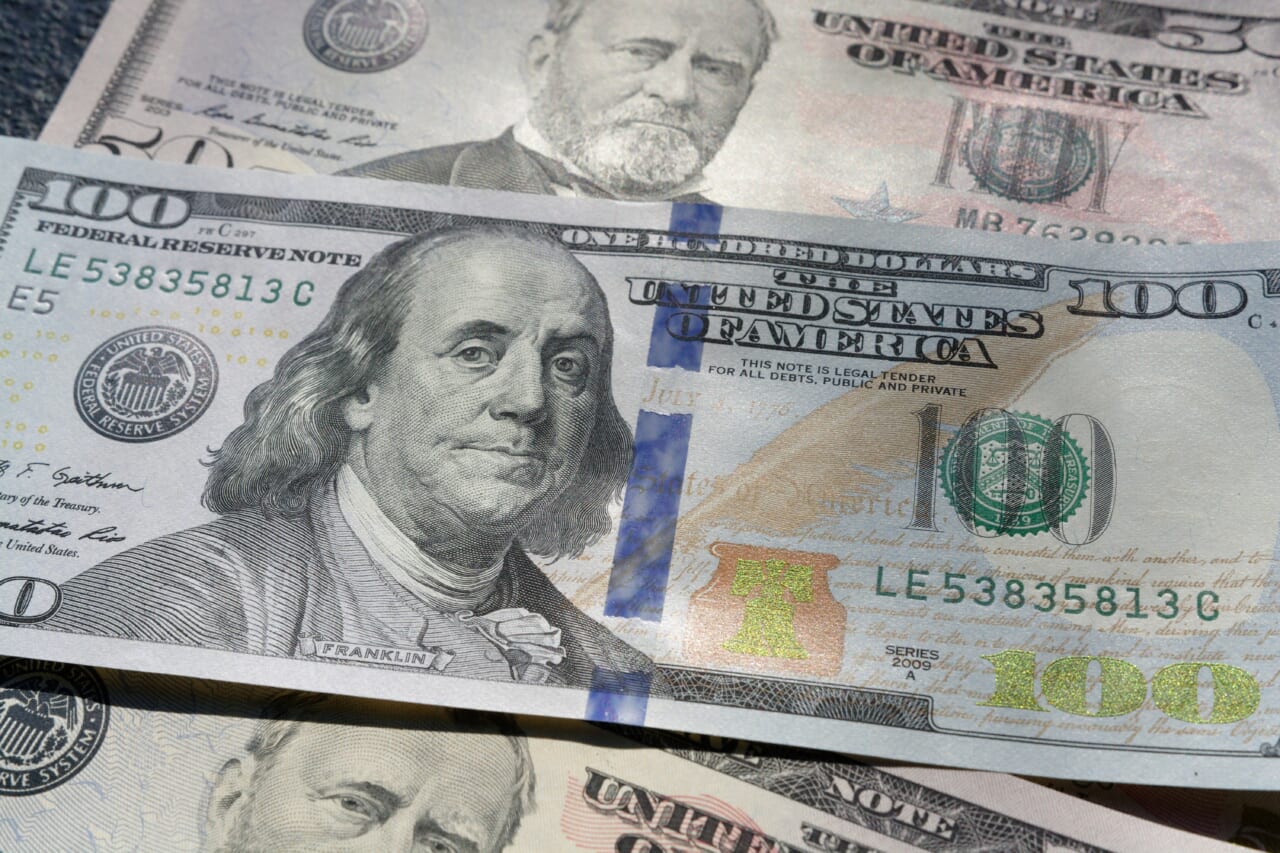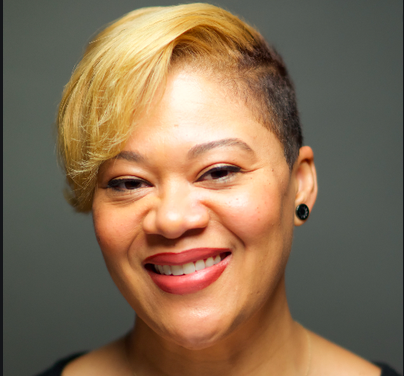Why Black people should be rethinking the ‘hustle’ mentality
Growing up as a teen in the 90s, when we said someone “hustled,” we usually meant they sold drugs or some other parallel business.
Now 24 years past Jay-Z’s seminal album, Reasonable Doubt, led by the Mary J. Blige-assisted single “Can’t Knock the Hustle,” the “hustle” is a near-ubiquitous term far removed from its nefarious roots.
Everyone from preachers to professors is a multi-hyphenate in this economy where everyone has more than one gig. As author Tressie McMillan Cottom, Ph.D. has noted: “Every Black woman I know has about four jobs. It will be nice to get rid of one of mine. If I can drop down to just having three jobs, this will be exciting.”
READ MORE: Tressie McMillan Cottom talks supporting Black entrepreneurs during coronavirus pandemic

This got me thinking about what hustle means in our current environment. We see the term used for everything from reality show titles to anthems, but what does it actually mean, especially for those who are not middle class and have a shallower pool of skills?
While I am all for Black entrepreneurship, I think this mysterious “hustle,” is not all good. Though enterprising folks should follow their dreams, we should not live in a world where everyone has to have a “hustle” out of necessity.
Of course, many of us, including myself, dream of a time when we have one job. As a community, Black people know well what it means to work and work hard. I do not want us to fetishize the “hustle,” because, after all, it is work. And while many of us may enjoy the side gigs we participate in, we may also be propping up a narrative that equates work with wealth, which Black people ought to know by now are not correlated.
Given as much labor that Black people have given to this country, we know that hard work does not pay dividends. If that were the case, we would all be rich because our ancestors literally and figuratively paid it all, as the hymn says.
Alas, here we are in a country and an economy that subtlety, and not so subtlety, tells Black people, particularly those who are less well-resourced they are not trying hard enough; that if they sell whatever thing the market is willing to purchase this week, they can be like the many social media peddlers and influencers.
Though this may be inspired by a noble mission to assist others, it gently nudges people away from asking real questions about the distribution of wealth in this country. One of the most basic might be why aren’t people being paid a living wage in the first place?
READ MORE: Why wealth building starts in the mind

No one is discounting the many rags to riches stories we now hear about how people turned a side-hustle into a multi-million dollar empire, but these narratives are the exception and not the rule. Similarly, this fixation on wealth building prevents us from interrogating the thornier ethical issues that a capitalism run amok raises.
I am certain many of the hustlers reading this really enjoy all of their jobs, but you enjoying your multiple streams of income, does not mean that others do. In fact, consider where this enjoyment may come from. What professional people like me do not like to admit is that it is different when you have a choice to work an additional job. It is also the case that people like me have a set of skills that command a significant monetary reward.
Most significantly, however, many of us who are considered highly skilled have the luxury of working from the relative safety of our homes. This is not to suggest that it is not work, it is quite intense to answer many of the calls to complete much of what we are asked. It is an acknowledgment, however, that the hustle hits different when you choose it rather than your circumstances doing the choosing for you.
READ MORE: Reports state that median Black wealth may reach zero by 2053
In the time of COVID, I want us to be mindful of the facts. The fact is that Black people are not only more likely to be unemployed right now and of those still employed many are also more likely to be deemed essential workers, which puts them at significant risk. Moreover, Black people are more likely to be multiple jobholders.
In short, the economics of this country are killing Black people at disproportionate rates. Black people are the original hustlers, we do not need a seminar on how to hustle. What Black people do need is to be compensated fairly for their labor. There still exists a substantial racial wage gap in this country across gender and all education categories.
Black people need access to health insurance and paid leave. They need the ability to provide for their families while staying safe from this virus. The economic volatility of Black households does not arise because Black people do not work hard enough or have not tried hard enough.
We should be wary because the hustle also has another meaning. Hustle is also a noun, which means “a fraud or swindle.” The hustle, however noble, can blind us to the real hustle that is the structure of this American economy — let us not forget that.
 Niambi M. Carter is an Associate Professor of Political Science at Howard University. She is the author of American While Black: African Americans, Immigration and the Limits of Citizenship.
Niambi M. Carter is an Associate Professor of Political Science at Howard University. She is the author of American While Black: African Americans, Immigration and the Limits of Citizenship.
Have you subscribed to theGrio’s new podcast “Dear Culture”? Download our newest episodes now!
The post Why Black people should be rethinking the ‘hustle’ mentality appeared first on TheGrio.
from TheGrio https://ift.tt/2NPQjUc
No comments: